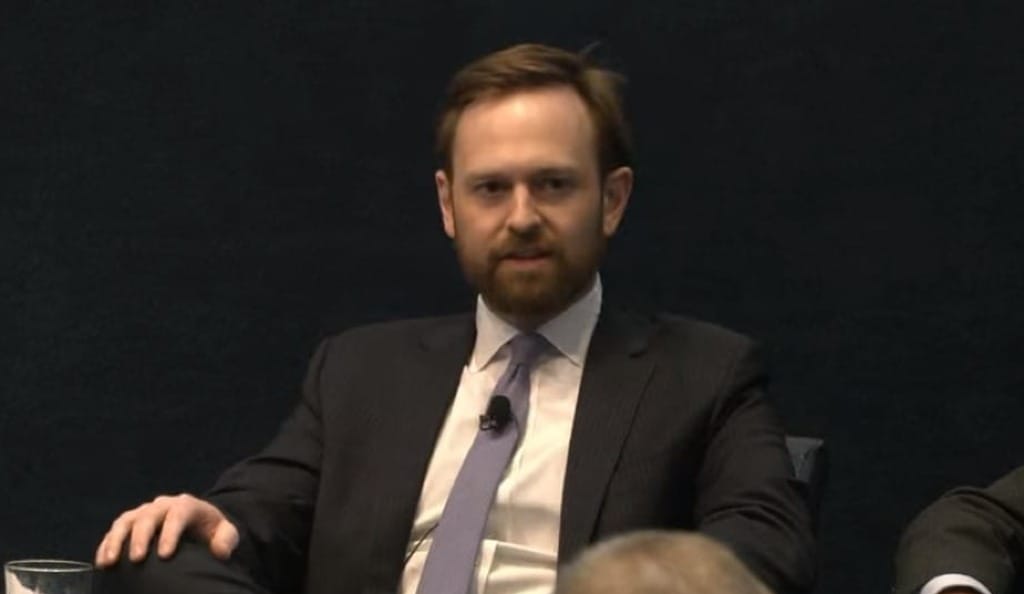FTC’s Ferguson Says Tech Censorship Practices May Violate Antitrust Law
Chairman signals agency’s expanding role in countering Big Tech censorship
Jericho Casper

WASHINGTON, March 25, 2025 – Federal Trade Commission Chairman Andrew Ferguson hinted Tuesday that the agency may have the authority to take action against tech companies for censoring user speech — not as a free speech matter, but as a potential abuse of market power.
Speaking at the Free State Foundation’s annual conference here, Ferguson said the FTC isn’t “the censorship police,” but warned that censorship by dominant platforms could fall under the commission’s antitrust or consumer protection purview.
“I’m not looking for censorship qua censorship,” he said. “I’m looking for exercises of market power that might reveal themselves in censorship.”
His remarks follow the FTC’s launch of an official inquiry last month into Big Tech’s content moderation practices, which invited public comment from users who believe they’ve been banned, shadow banned, or demonetized, and has been criticized by some as a political maneuver.
While President Donald Trump has so far relied heavily on Federal Communications Commission Chairman Brendan Carr to articulate his tech anti-censorship agenda, Ferguson’s remarks suggest the FTC may be taking a more active role in that effort.
Ferguson gave a full-throated defense of Trump’s firing of the FTC’s two remaining Democratic commissioners last week. Though the legality of the removals may ultimately be tested in court, Ferguson insisted they were lawful, casting Humphrey’s Executor – the 1935 Supreme Court decision that explicitly barred presidents from removing FTC commissioners over policy disagreements – as outdated.
“Whatever the FTC was in 1935 when Humphrey’s Executor was decided, the 2025 FTC wields substantial executive power,” he said, citing Seila Law v. Consumer Financial Protection Bureau, a 2020 Supreme Court decision, in which the Court ruled that the president must be able to remove the head of the CFPB at will.
Seila Law reinforced the idea that executive branch agencies must be accountable to the president — and cast doubt on older decisions, like Humphrey’s Executor, that had allowed more independence for regulators like the FTC.
“If the president can’t supervise the entire government, that means there are parts of the government that are immune from popular control,” Ferguson said. “That’s the deep state.”
The FTC currently meets its two-commissioner quorum requirement with just Ferguson and Republican commissioner Melissa Holyoak, allowing it to continue enforcement actions, which Ferguson said were full steam ahead.
“The commission has operated with two commissioners before. We have a specific rule that says that if the commission is comprised of fewer than three commissioners, then all of the commissioners — two of them — comprise the quorum,” he confirmed.
Ferguson offered strong support for monopolization cases filed against Meta, Google, and Amazon, including those initiated under the Biden administration.
Ferguson committed, at least for now, to keeping Biden-era merger guidelines and expanded Hart–Scott–Rodino filing rules, the pre-merger notifications companies must submit to federal antitrust enforcers under the Hart–Scott–Rodino Act, which were developed under former FTC Chair Lina Khan.
He said those rules would eventually be “due for an update” and could be reassessed over time.









Member discussion